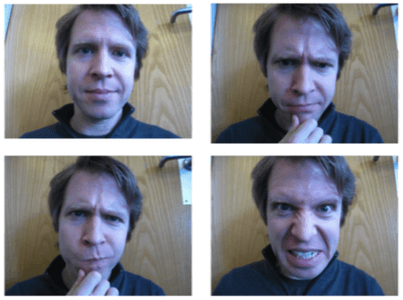Already, Google catches simple misspellings as you type and offers up suggestions for popular search topics. If that isn’t enough, the search engine may soon be able to sense your frustration when you’re unable to find what you’re looking for and change its behavior accordingly.

While it’s simple enough to see this frustration by watching changes in language, body language and facial expressions, Google (thankfully) doesn’t have a webcam pointed in your face. It does, however, have all it needs in five other user behaviors that appear to indicate user frustration.

According to a study (.pdf) by the Google User Experience team, there are “five signals that seemed to indicate that users were struggling in the search task”. They are “use of question queries, use of advanced operators, spending more time on the search results page, formulating the longest query in the middle of the session, and spending a larger proportion of the time on the search results page.”
In the study, the team started with a group of 23 users, who they studied to find “the behavioral signals that suggest a user is having trouble in a search task”. They then applied these findings to a group of 179 participants, who they tasked with 100 searches. By examining their behaviors, they were able to quantify and identify “measurable behavior signals that indicate users are struggling”.
Google says that it hopes that the findings might help them to build “a model that will one day make it possible for computers to detect frustration in real time”.





















